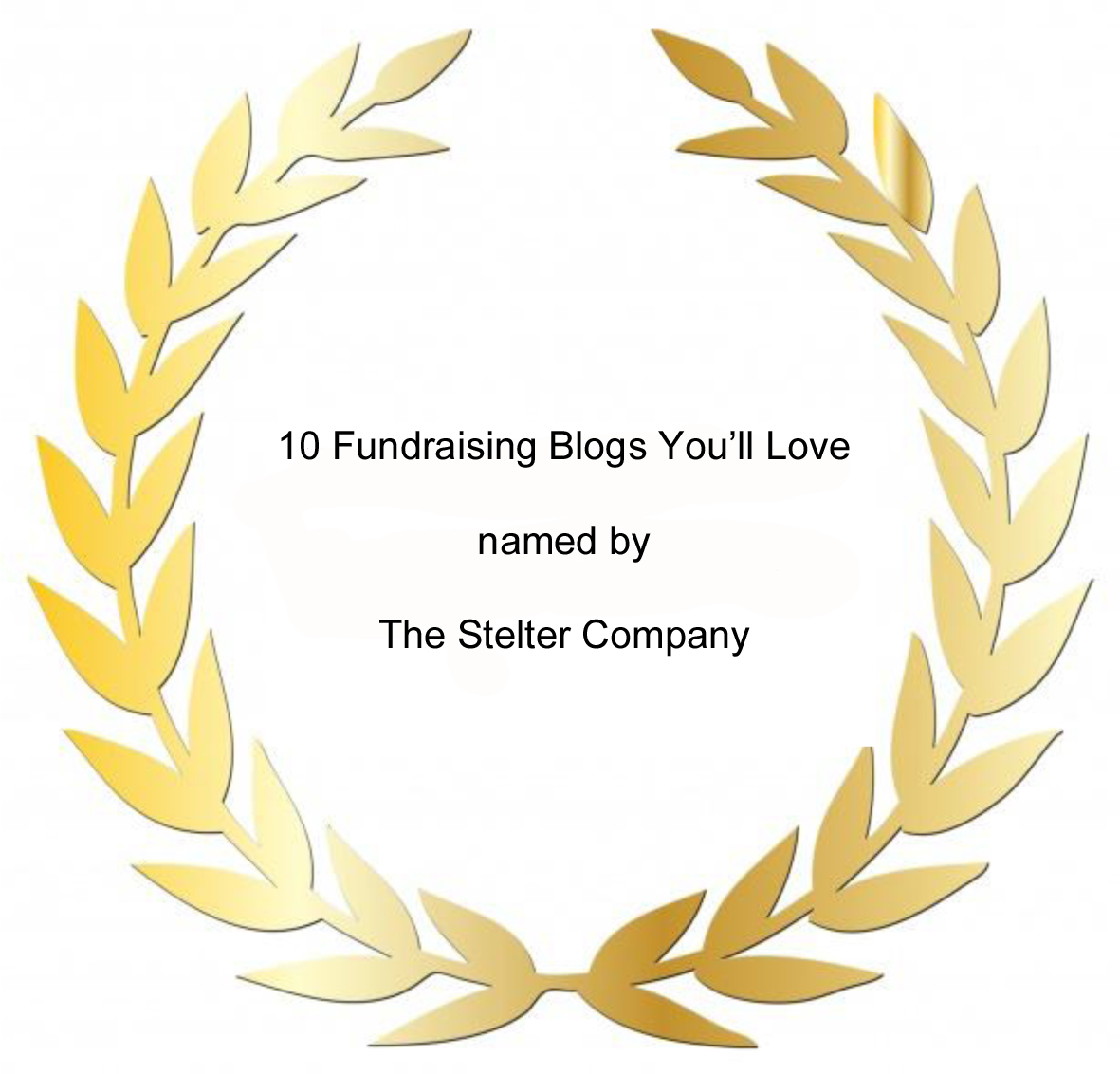Nonprofit hospitals across the country have made disturbing news headlines recently. Sadly, while medical staff continue to provide heroic patient care, many of the recent news stories deal with unethical fundraising behavior that puts all nonprofits at risk. Consider these two items:
- Hospitals across the country have given major donors special, early access to the COVID-19 vaccine.
- In a story unrelated to the coronavirus, one hospital fundraising office has offered medical staff bonuses for referring “Grateful Patient” prospects.
While those news items involve healthcare organizations, all charities should be concerned. Let me explain. When some nonprofits behave badly, it reflects on the entire nonprofit sector with the potential to erode public trust and, therefore, support. There is ample research, as well as anecdotal evidence, that reveals that the fundraising efforts of virtuous charities can be harmed by the unethical behavior of unrelated nonprofit organizations.
Let’s look more closely at what has occurred recently:
MAJOR DONORS GIVEN EARLY ACCESS TO VACCINE
Initial excitement over the release of COVID-19 vaccines has given way to frustration as only 18 percent of the US population has received the first dose with confusing sign-up procedures and long lines greeting many people.
“But one group has gotten a head start in receiving the coveted shots: people who’ve donated money to hospitals distributing the vaccine,” according to a report in MarketWatch.
Ethical_Decision_Making_Article.28164930 AFP statement major donor vaccinations Feb 2021 final AFP Statement Grateful Patient Fundraising March 2021 final

According to reports, hospitals across the nation have been giving favorable treatment to major donors including Storment Vail Health (Kansas), Overlake Medical Center (Washington), Hunterdon Medical Center (New Jersey), MaineGeneral Health (Maine), and Garnet Health (New York).
Authorities in New York have launched a probe into Garnet’s actions to determine if any laws were broken. While evaluating whether or not laws were broken, it is important for us to also consider whether the actions of Garnet and other hospitals are ethical or unethical.
“As we see numerous reports of line jumping and favoritism, any situation that could lead to distrust in the fairness of the vaccine allocation process needs to be proactively managed. Redeploying staff to help with vaccination is reasonable, but care should have been taken to avoid [MaineGeneral Health] fundraising staff connecting with prior donors on this,” Holly Fernandez Lynch, an ethics professor at the University of Pennsylvania’s Perelman School of Medicine, told the Bangor Daily News.
The Bangor Daily News added, “Medical ethicists said there were many good reasons for MaineGeneral and other hospitals to test processes before opening wider clinics, but even well-intended efforts involving philanthropy staff and donors can be seen negatively.”
Medical ethicists weren’t the only ones to weigh-in on the situation. The Association of Fundraising Professionals, the largest community of charities and fundraisers in the world, has released the following statement from President and CEO Mike Geiger, MBA, CPA:
The idea of hospital systems, or any charity, ignoring protocols, guidance or restrictions—regardless of origin—and offering certain donors and board members the opportunity to ‘skip the line’ and receive vaccinations ahead of their scheduled time is antithetical to the values of philanthropy and ethical fundraising….[emphasis added]
Offering vaccinations to major donors, and not to populations with the greatest need … destroys public trust—to say nothing of the possible impact on constituents of the charity who don’t receive the appropriate vaccinations or medical attention in time.…
AFP, and the 26,000 members in our community around the world who represent nearly every charitable cause imaginable, condemn this activity in the strongest manner possible. It is unethical and inequitable, and we call on all health systems and all providers of vaccinations to deliver this service in a manner that is fair and equitable for the people they serve and consistent with procedures developed by the Centers for Disease Control and all applicable levels of government.”
Some hospitals around the country have behaved unethically, violated the law, or both. However, even those who may have a legitimate explanation for their actions and who have done nothing wrong may still be giving the appearance of having done something unethical involving their interactions with major donors. That’s still a big problem. As the AFP Code of Ethical Standards states clearly:









 Let me tell you what was bothering me and how PCA was able to quickly and easily overcome it.
Let me tell you what was bothering me and how PCA was able to quickly and easily overcome it. fundraising sites, my blog continues to be ranked as a “Top 75 Fundraising Blog” –
fundraising sites, my blog continues to be ranked as a “Top 75 Fundraising Blog” – 
 Date: Wednesday, October 28, 2020
Date: Wednesday, October 28, 2020 sector. If the Attorney General can prove her case, it would show the public that government officials are exercising appropriate oversight of the nonprofit sector which could elevate the public’s confidence that their donations to any nonprofit will be used appropriately. We know there is a correlation between the
sector. If the Attorney General can prove her case, it would show the public that government officials are exercising appropriate oversight of the nonprofit sector which could elevate the public’s confidence that their donations to any nonprofit will be used appropriately. We know there is a correlation between the 
 As nonprofit managers and fundraising professionals, we have a choice: We can allow ourselves to be overwhelmed by the horrible events of 2020, or we can continue to do what we always do and help those who depend on us. While the suffering around us pains me, I take some solace in knowing that. like you, I am a member of a noble profession that seeks to make the world a better place. We are needed now more than ever.
As nonprofit managers and fundraising professionals, we have a choice: We can allow ourselves to be overwhelmed by the horrible events of 2020, or we can continue to do what we always do and help those who depend on us. While the suffering around us pains me, I take some solace in knowing that. like you, I am a member of a noble profession that seeks to make the world a better place. We are needed now more than ever. part to a decrease in the sense of connection that people feel during the lockdown. Interestingly, this presents an opportunity for your charity.
part to a decrease in the sense of connection that people feel during the lockdown. Interestingly, this presents an opportunity for your charity.